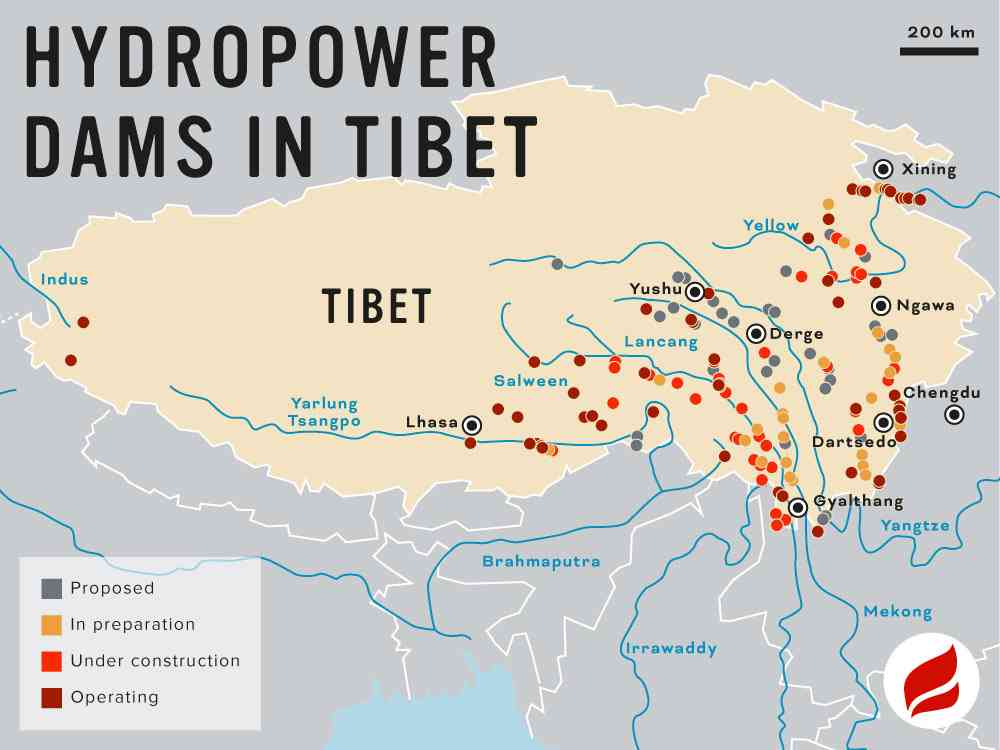
ICT, Postal and Courier Services minister Tatenda Mavetera says the move by diversified local firm Aura Group to become the local official reseller of American internet service firm, Starlink, will boost economic growth due to the latter’s high internet speeds.
Earlier this year, President Emmerson Mnangagwa approved the licensing of Starlink to operate and offer its internet services locally.
Starlink boasts of super-fast internet speeds of up to 200 megabytes per second (mbps) and is key in boosting the country’s internet coverage owing to its low satellite orbiting system.
Starlink went live in the country early this month, offering its hardware at a cost of US$350, US$50 for the internet service and US$23 for the shipping and handling of the hardware.
Purchasing the mini package directly from Starlink, the hardware costs US$200 for the hardware, shipping and handling (US$23) and internet service of 100 mbps (US$30).
Starlink’s arrival has sent shockwaves among local internet services providers, who are rushing to reduce their prices or to become an official Starlink reseller, but at much higher prices than what the American firm offers.
Apart from Aura, TelOne is also a Starlink official reseller.
“Today marks a very important step in our telecommunications journey as a country, as we gather here to see the launch of a partnership between Starlink and Aura Group, a local company,” Mavetera said at the launch yesterday in Harare.
- Govt splashes US$60m on police
- Women must claim stake in digital space: Mutsvangwa
- From the small screen to Parly: Mavetera’s story
- New ministers speak out
Keep Reading
“The introduction of low-orbit satellite technology, such as that which is being deployed by Starlink, represents a transformative opportunity for Zimbabwe’s underserved and marginalised communities.
“This will foster economic development in areas that would previously be hindered by inadequate connectivity.”
According to its website, Aura is a group of companies comprising 17 dynamic firms based in Zimbabwe and operating across various business segments.
Mavetera said the launch of the Aura and Starlink partnership was the first properly licensed Starlink reseller in the low-orbit satellite technologies realm.
She noted that the coming in of Starlink would bridge the digital gap between the rural and urban areas through smart agriculture and telemedicine, among others.
“We realise that there is quite minimal connectivity in the rural areas. As government, we are there to make sure that we progress by us making sure that we avail connectivity, especially in the rural areas,” Mavetera said.”
Using Aura for Starlink services will see internet users pay US$420 for the Starlink Standard kit (premium) and a whopping US$2 999 for the high-performance kit.
In terms of data packages, 40 gigabytes of priority + standard unlimited will attract a monthly charge of (US$120), 1 terabytes (TB) of priority + standard unlimited (US$175) and 2TB of priority + standard unlimited (US$340).
“In partnership with Starlink, a division of SpaceX founded by Elon Musk, we provide high-speed visual coverage to remote and underserved areas. We started in Nigeria and plan to expand to other African countries,” Aura co-founder and group chief executive officer Samuelle Dimairho said.
“This improves existing student information, enhancing healthcare services, food security, access to information and value addition.
“Today’s tariff rules empower underserved communities. Our solutions enable proper self-definition using smartphones, mobile applications and internet services.”
He said they offered Internet Gateway solutions, enterprise kits, high-performance kits and standard unit kits.
“Our services include internet subscriptions, backup services and parity services. We assist standard users outside Zimbabwe, migrating them to Zimbabwe services while complying with government regulations,” Dimairho said.











